Should we ban fossil fuel now? Scientists say we are living in a new geological epoch — the Anthropocene. Many warn that it will be the last age human beings will ever witness.
After just 11,700 years… Earth enters new era
 Momentous: Geologists have been working on the announcement of this new epoch for 15 years.
Momentous: Geologists have been working on the announcement of this new epoch for 15 years. Glossary
Ice age - A long period of time in which global temperatures are extremely cold.
Holocene - A period of geological time starting 11,700 years ago — at the end of the last Ice Age.
Domesticate - Tame an animal and keep it as a pet or farm animal.
Hydrogen bomb - An extremely destructive bomb. The energy comes from hydrogen atoms fusing to form helium.
Geological - To do with rocks and the materials that make up the Earth.
Epoch - A particular time period.
Anthropocene - The term was coined in the 1980s, but became more common in the last decade, popularised by the Dutch climate scientist Paul J Crutzen. It is new name alluding to the current geological epoch, echoing the names given to earlier epochs, such as Pleistocene, and the Anthropocene's predecessor, the Holocene. The word comes from the Greek "anthropos", meaning Man, and "-cene", meaning new. Most geologists, however, would say we are still in the Holocene.
Fossil Fuels - Non-renewable fuels such as coal or gas, formed in the geological past from the remains of living organisms.
Paris Agreement - An agreement signed by 196 countries to try to limit global warming.
Greenhouse gas - Gases in the Earth's atmosphere that trap heat, contributing to global warming. Carbon dioxide, methane, nitrous oxide and water vapour are all greenhouse gases.
Emissions - Things that are released, such as gases, as part of a process. E.g. greenhouse gases.
Net zero - When the gases going into the atmosphere are balanced by those being taken out of it.
Lithium - A soft, silvery metal.
Obsolete - Outdated and no longer useful.

